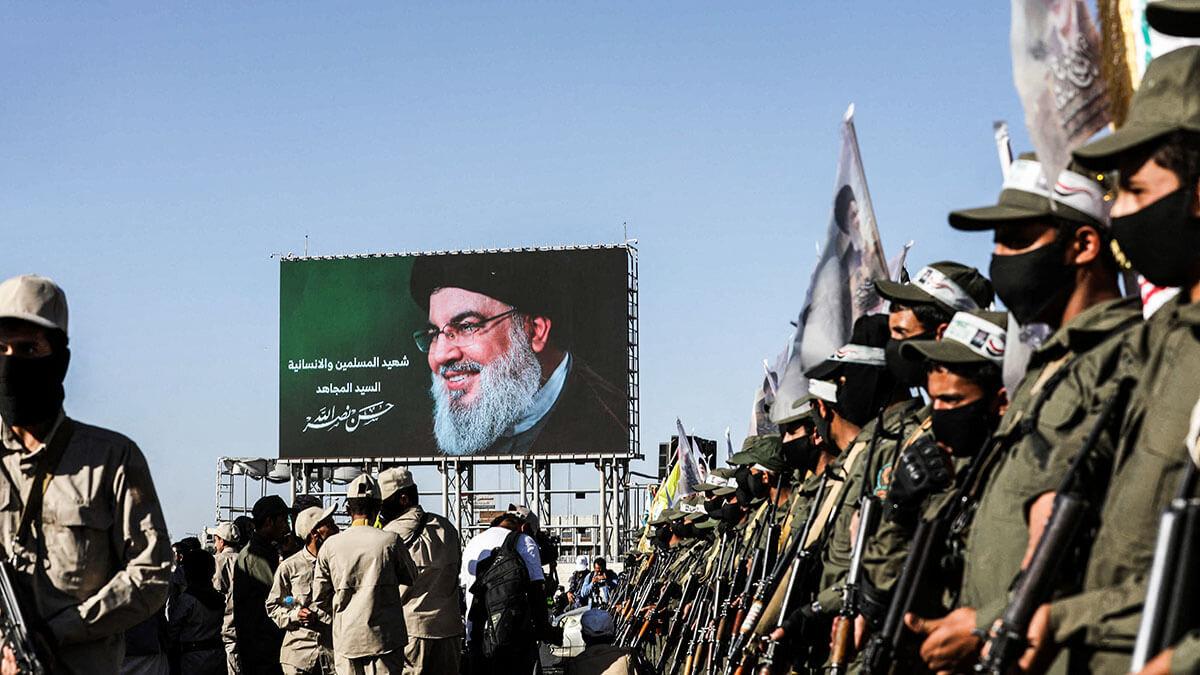
Al-Assad’s fall and Hezbollah’s weakness influence the decision to defeat the Houthis in Yemen
The Al-Islah party, an offshoot of the Muslim Brotherhood in Yemen, is leading intense propaganda about a possible overthrow of the Houthis, also known as Ansar Allah (Supporters of God), allies of Iran, and the end of their control over the capital Sana’a and the rest of Yemen’s regions.
The growing weakness of Iran, which is losing its main supporters in the region after the fall of al-Assad and the weakness of Hezbollah, is affecting the Houthis, who no longer count on Iranian protection.
Moreover, the international climate is not favourable for them either, with the return of Republican leader Donald Trump to the White House, who has already shown his firm stance against the Islamic Republic’s rearmament, compared to the lukewarmness of the Biden administration.
Who are the Houthis?
In September 2014 the Supporters of God, an armed group in Yemen, seized control of the capital, Sana’a, to demand greater Shia participation in Yemen’s decision-making from the government. As a result, the Houthis established a parallel authority to the Yemeni authority.
This was possible because earlier that year they rose up against Abd-Rabbuh Mansur Hadi, who was the successor to President Ali Abdullah Saleh. Subsequently, they reached an agreement with Salé and sought to restore him to power.
In the aftermath, the Supporters of God took control of Sa’ada province in northern Yemen and, in early 2015, captured the capital, Sana’a, forcing President Abd-Rabbuh Mansur Hadi to flee abroad.
The Houthi rebels are modelled on Hezbollah, which has provided them with both experience and military training since 2014. Moreover, this group has Iran as an ally, as they have Saudi Arabia as a common enemy.
Al-Islah party and the possible overthrow of the Houthis
In the political sphere, the Presidential Leadership Council led by Rashada al-Alimi did not announce its abandonment of the peace option that Saudi Arabia is trying to launch in Yemen with the support of the United Nations (UN).
The Al-Islah party and its call for a military decision helps to burnish the image and rid the local branch of the Brotherhood of accusations, such as the constant accusation that it is responsible for empowering the Houthis, as they were the first behind the events that erupted against former president Ali Abdullah Saleh under the name of the Youth Revolution.
Likewise, Yemeni political parties believe that the presence of the Muslim Brotherhood on the Yemeni scene and its leadership in calling for the liberation of Sana’a could be a weak point in the confrontation with the Houthis and an alienating factor for other partners, who do not trust the group and do not want to see Yemen pass into the control of allies Turkey and Qatar.
The party realised the displeasure of its partners and has recently begun a rapprochement and reconciliation with them, including supporters of former president Salé and his political legacy.
Moreover, Al-Islah leader Abdul Razzaq Al-Hijri called for forgetting past differences ‘as a national necessity to defeat the Houthi coup and restore the state’. He said this in a speech commemorating the assassination of Salé, whom the Brotherhood has described as a ‘martyr’.
The Al-Islah leader also linked this moment to the recapture of Sana’a, saying that ‘the uprising of 2 December, led by the martyr Salé, was an addition to the battle for national salvation that our people and their loyal forces are waging to restore the state’.
Source: atalayar





